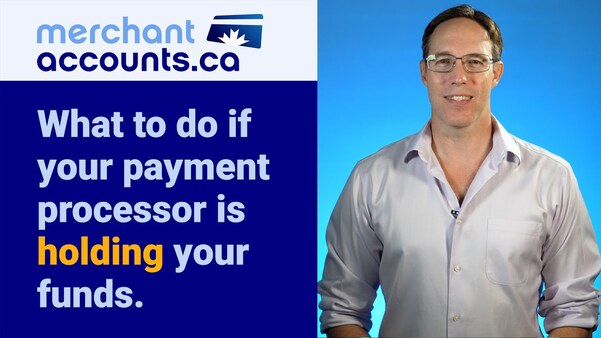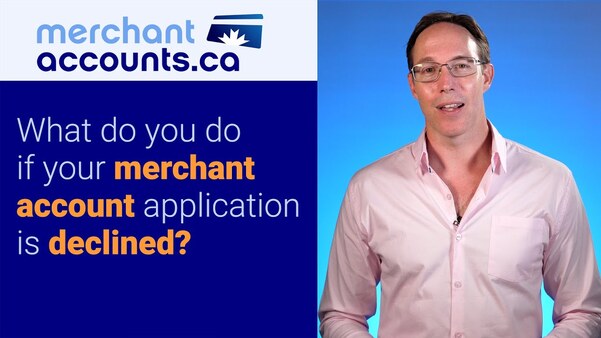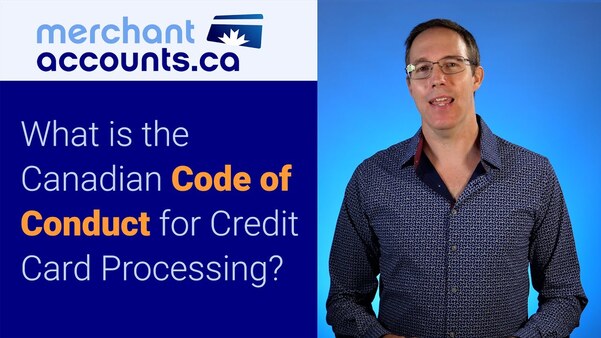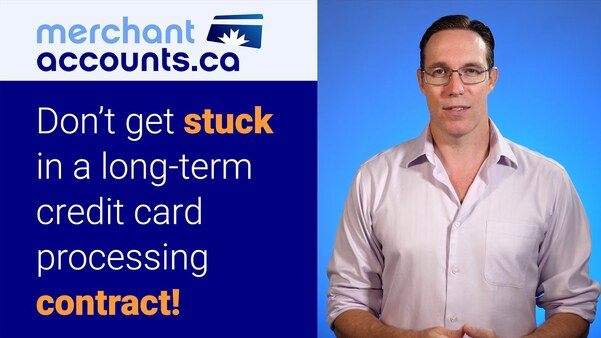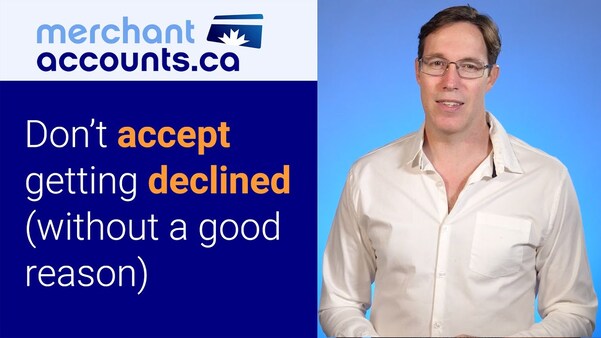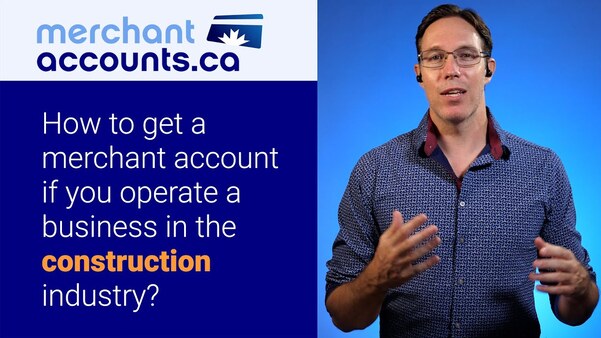June 24, 2020
by David Goodale
Understanding Future Delivery Risk in the Credit Card Processing Industry
How to lower your reserve, and reduce the collateral held on your merchant account
Key Takeaways
Today we're going to talk about future delivery risk, which is something that is a real challenge for travel merchants, accommodation based merchants, any type of merchant with subscriptions and basically anybody that takes payment today for a service that they'll provide in the future.
If you've ever have had a problem with a payment processor where they have frozen your account, or they've given you a conditional approval of your merchant account where they hold your money ("we'll approve you and let you start processing, but we're going to hold back a percentage of your money for a period of time") - if you've ever been in this situation it's likely because you are a future delivery based merchant.
In order for me to explain what future delivery is I must first explain the chargeback rules. Visa and MasterCard have a policy: when a cardholder pays for something with a credit card they're guaranteed to get it. It's one of the core principle protections of credit card processing. That having been said...what happens if somebody pays for something on the credit card but they don't get? If a cardholder does not get what they paid for, for any reason, they get their money back.
I need an example! What is a future delivery scenario?
Think about a large chain of hotels. A chain of hotels might be taking payments for reservations that are fairly far in the future (especially if it's more of like a destination or a holiday based hotel) where people tend to plan their vacation well in advance. What would happen if that chain of hotels went out of business? The card holders who paid for their room are not going to be able to say, so they will get their money back. That's the general rule that Visa and Mastercard have in place.
More specifically, what will happen is the cardholder will be entitled to do a chargeback. The money will have to go back to the cardholder, but in this example the chain of hotels are out of business. They filed for bankruptcy, and don't have the money to pay it back. If that's the case then where do the funds come from? A lot of merchants don't realize this but it comes from the payment processor. (Side note: it is our understanding that during the exceptional circumstances of the Coronavirus Pandemic, Visa and Mastercard are working with governments, card issuers and merchants to modify the rules and address the potential refund issues. This is beyond the scope of this article).
The chargeback rules mean that a payment processor can be at quite significant financial risk. Think of a big national hotel chain. If a large chain of hotels went out of business, that could potentially be a lot of money in refunds for hotel rooms, for guests that can't be accommodated. If the company was big enough that could represent millions or tens of millions of dollars for services that are undelivered. The payment processor can have tremendous losses because of this. That is why even large companies often have reserves if they do a lot of future delivery type business.
What is the definition of future delivery risk?
Future delivery risk is not just related to travel businesses. It applies to all businesses that fulfill their promise to their customers in the future. It can be subscriptions that grant access to an online portal for a period of time. It can be something as simple as an annual newspaper subscription.
Future delivery risk is the liability incurred by a payment processor when a payment is taken today, for a service that won't be provided until a future date.Does the length of the delivery window matter?
The longer or the further in advance that that sale will takes place the higher the risk score will be. Said more simply: the fewer the days between collection of payment and the provision of services the better. Long fulfillment windows lead to high risk scores, and can cause difficulties with approval or holdbacks by the payment processor.
For a moment, let's think particularly about vacation rentals or villa rentals. These have very high risk scores. You could have a wonderful cottage on a picturesque lake. You might have a returning set of guests who love your place, and you love having them down. Everything is wonderful. Let's take it further and assume the vacation property is in cottage country where I'm located in Ontario, Canada. There's not that many good weeks of weather here, so you'll probably block off your summer vacation well in advance. In fact, immediately after spending your summer vacation you might talk to the owner and ask them to hold your weeks for next year. At that time you'd be paying your deposit nearly a full year in advance. That is a huge amount of future delivery risk. It causes the perceived risk to the payment processor to increase quite significantly. This is why accommodation merchants quite often get hit by reserves. (That's in normal times, and at the time of writing during the Coronavirus Pandemic travel merchants and accommodation merchants are being even harder hit.)
That having been said, there are things merchants can do to lower the future delivery risk on an account. These concepts apply to all merchants with future delivery based businesses.
How to lower the chargeback risk and get the processor to release your funds
You need to talk to your payment processor, and find ways to work with them (to their comfort) to lower your risk profile. You should talk about the relevant things that make your business unique. I'll provide an example so you can try to extrapolate it and try to apply the concept to your own situation.
Let's continue with the vacation rental business example. Pretend that you owned 4 vacation rental townhouses in Florida, all in the same complex. If any damage happened to any one of those units, you'd still have 3 other units available to take a rental.
If that was the case I might communicate out to the payment processor that yes... we're an accommodation based merchant, but we have a great set of returning guests, and 4 identical units. That way if there was ever a flood or the property was damaged by a previous guest, we are still very likely able to re-accommodate any bookings to one of the other units. This would reduce the chargeback risk.
What I'm communicating is that there may be intangibles, unique to your business, or your situation, that could help lower the perceived risk score if the processor understood it. If you have a good payment processor they should be willing to weigh those considerations and ideally react positively based on your situation. At Merchant-Accounts.ca we listen very closely to these special circumstances and try to get the best results for our merchants. What you absolutely should not do is just work through standard merchant application paperwork, deal with a call center, and just hope that you'll magically get great terms of approval.
Lowering your reserve is an ongoing process
This shouldn't just be a one time thing either. If you build a partnership with your payment processor, and you put the effort into teaching them about your business you can get an even better result over the long term. Keep in mind that that as you grow and as you become more established the risk to the processor will go down.
Consider Netflix. At some point it was a startup. It's obviously not a startup anymore. Netflix isn't going anywhere. Netflix can provide their financials, they can show (obviously) that they are a successful business. This example is to illustrate a point, and one that you can apply to your own business.
If your business has been around for years, or if it eventually is around for years, you can prove that you have a stable, reliable and successful business. It doesn't need to be a Netflix. It just has to be stable and profitable. When you achieve this, you should talk to the processor about it. As you build your business record the risk should be lowered, because they know you have the wherewithal to continue operating your business in adverse conditions. The ultimate point here is that even if you have a reserve or holdback on a portion of your funds at the start (when you first setup your payment processing) it can, and will come down over time - so long as you work with the processor on an ongoing basis. If your payment processor is not willing to work with you to reduce that over time they are not a good processor. Ideally, for a good metric when you can first ask for a review of the holdback policy after six months. In most cases, unless there is something pretty spectacular about your situation, a payment processor isn't going to do much after six months. But it puts the issue on the radar and is the starting point for an ongoing discussion.
They should be willing to listen, and after a year, or two, as you continue to keep the conversation open and you submit your financials, the outlook should change over time. To make a silly point: between now and a hundred years from now at some point you'd have a very established business. The amount of time isn't set in stone, so just think about your situation (as it applies to your business) and negotiate with your payment processor to get better terms on an ongoing basis.
Summary
At Merchant-Accounts.ca we do a lot of consulting to help merchants reduce the amount of collateral held by the processor. Sometimes this includes slight changes to your business model to minimize upfront payments, and in other cases it involves helping you present your business case for better terms of approval.
I hope this article has been helpful and clarified some of the confusion about why merchants with future delivery type services often have holdbacks or reserves on their account. If you have a reserve, or want to get better terms of approval for your business reach out to us. We love working closely with our clients, and particularly developing that ongoing partnership to not just get you through the door and start processing - but get you the best terms of approval possible over time. If you operate a young company sometimes you focus on just getting through the door, even with a reserve, with the knowledge that over time, as your business stabilizes and is consistently profitable you can work to improve the holdback terms of your merchant account. If you have an established business and your processor isn't treating you right then talk to us, we're happy to help!
Need professional guidance?
Contact us for a free one hour consultation.
Can I Help Lower Your Processing Fees?
If you found this content helpful, will you give me the opportunity to quote on your business?
View Rates





